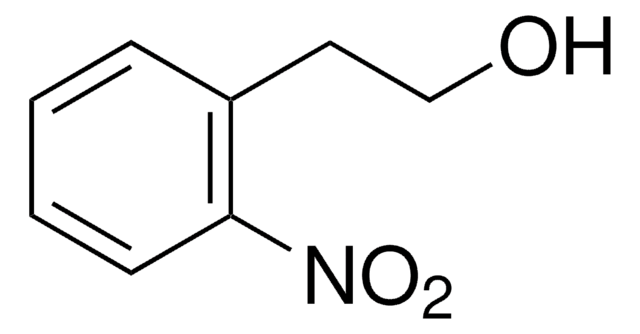204005
Ammonium dihydrogenphosphate
99.999% trace metals basis
Synonym(s):
Ammonium phosphate monobasic, mono-Ammonium phosphate, prim-Ammonium phosphate, Ammonium dihydrogenphosphate
About This Item
Recommended Products
Quality Level
Assay
99.999% trace metals basis
form
crystalline
impurities
≤15.0 ppm Trace Metal Analysis
mp
190 °C (dec.) (lit.)
application(s)
battery manufacturing
SMILES string
N.OP(O)(O)=O
InChI
1S/H3N.H3O4P/c;1-5(2,3)4/h1H3;(H3,1,2,3,4)
InChI key
LFVGISIMTYGQHF-UHFFFAOYSA-N
Looking for similar products? Visit Product Comparison Guide
Related Categories
General description
Application
- As a precursor to fabricate cathode materials for Li-ion batteries to enhance cyclic performance.
- As an electrolyte additive in rechargeable batteries to enhance the ionic conductivity or to reduce the risk of side reactions within the electrolyte.
- To fabricate flame-retardant polymer composites.
Storage Class Code
13 - Non Combustible Solids
WGK
WGK 1
Flash Point(F)
Not applicable
Flash Point(C)
Not applicable
Personal Protective Equipment
Certificates of Analysis (COA)
Search for Certificates of Analysis (COA) by entering the products Lot/Batch Number. Lot and Batch Numbers can be found on a product’s label following the words ‘Lot’ or ‘Batch’.
Already Own This Product?
Find documentation for the products that you have recently purchased in the Document Library.
Customers Also Viewed
Our team of scientists has experience in all areas of research including Life Science, Material Science, Chemical Synthesis, Chromatography, Analytical and many others.
Contact Technical Service





